Life
Sign up for our newsletter
We summarize the week's scientific breakthroughs every Thursday.
-
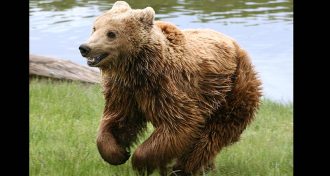 Animals
AnimalsMicrobes may help bears stay healthy when fat for hibernation
Brown bears fatten up for hibernation without suffering from weight-related problems. A new study shows that their gut microbes may help.
-
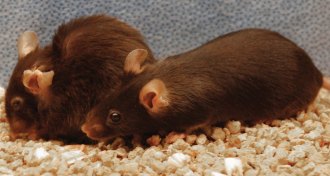 Life
LifeRemoving worn-out cells makes mice live longer and prosper
Senescent cells promote aging, and removing them makes mice live longer, healthier lives.
-
 Science & Society
Science & Society‘Three-parent babies’ are ethically permissible, U.S. panel says
A panel of experts concludes that clinical experiments that create “three-parent babies” are ethical, with limits.
-
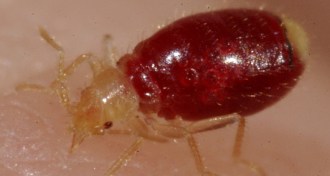 Genetics
GeneticsBedbug genome spills secrets of violence, weird sex
Maps of bedbugs’ genetic material reveal clues to their success.
-
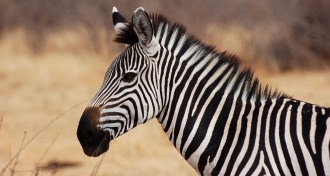 Animals
AnimalsPurpose of zebra stripes remains a mystery
Zebra stripes don’t help the animals disappear in the vision of predators, a new study finds.
-
 Genetics
GeneticsDNA may determine if you’re an early bird or night owl
Morning people are more likely to have certain variations in their DNA, but less likely to have insomnia or sleep apnea.
-
 Genetics
GeneticsDNA may determine if you’re an early bird or night owl
Morning people are more likely to have certain variations in their DNA, but less likely to have insomnia or sleep apnea.
-
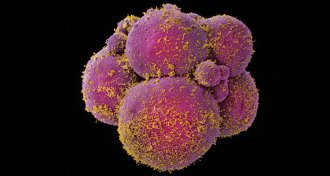 Genetics
GeneticsU.K. first to approve gene editing of human embryos for research
The United Kingdom is the first government to approve gene editing in human embryos for research purposes.
-
 Climate
ClimatePhytoplankton rapidly disappearing from the Indian Ocean
Phytoplankton populations in the Indian Ocean fell 30 percent over the last 16 years largely due to global warming, new research suggests.
-
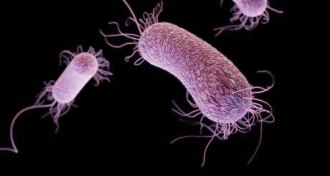 Microbes
MicrobesRandom changes in behavior speed bacteria evolution
Microbes can speed up evolution by changing phenotypes.
-
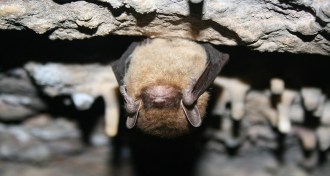 Animals
AnimalsBehavior, body size impact bats’ fight against white-nose syndrome
Behavioral and physical traits buffer some bats against white-nose syndrome while leaving others vulnerable.
-
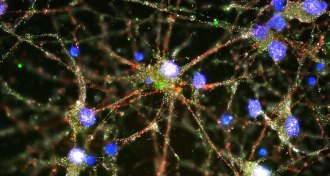 Neuroscience
NeuroscienceImmune system gene leads to schizophrenia clue
Excessive snipping of nerve cell connections may contribute to schizophrenia.